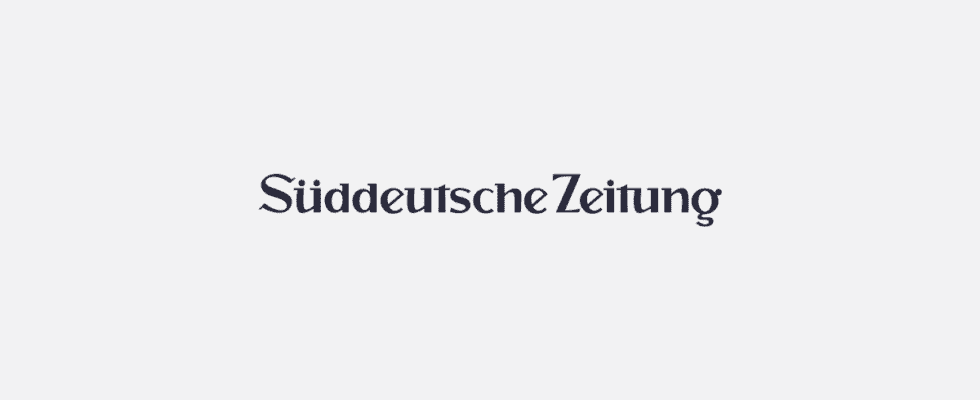On Wednesday, Judith Gerlach (CSU) brought a few good resolutions for the new year to the start-up backdrop in Munich’s Werksviertel. But how much time is left for their implementation is the question in a year that is politically “somewhat shortened” by the state elections in autumn, as the digital minister put it. “Digital home” is the name of the agenda for the remaining months in their house; After years of “digital participation” and the “digital market economy”, 2023 should at best bring digital things for everyone. Gerlach wants more digital options, especially in administration, as well as more sustainability and more answers to energy questions. It’s about a “holistic vision for our future,” she says. And: “It will now soon go to the realization.”
The latter fits the motto that Markus Söder specified with a view to the election, the “year of implementation”. Gerlach even quotes the words of the prime minister about “high-tech and homeland” when presenting their focal points. Some of these are already known from the past year: Plans are underway for a climate-neutral data center at the University of Passau, with photovoltaics on the roof and servers that supply a vegetable garden with their waste heat. Gerlach also wants to continue the expansion of digital administration and continue to provide the town halls with ready-made packages with digital services. The “TwinBy” project is also intended to support municipalities in the development of digital twins. In such virtual models, communities could, for example, simulate the specific effects of certain interventions and measures on local road traffic – and thus avoid nasty surprises in reality.
What is new, however, is a tool for energy use that the ministry is currently working on with Siemens. To put it simply, it is an interactive map that visually displays statistics on energy consumption and production. This status quo should be able to be compared with various scenarios – for example how the supply situation in the Upper Palatinate would change if there were twice as many e-cars and charging stations there, if the German nuclear power plants ran longer or if Bavaria emitted almost no more CO₂. From the differences between target and actual, politicians could derive their decisions based on data, at least that is the idea. The tool should go online with the first scenarios by the middle of the year, but not all the necessary data has been stored in the system yet.
Overall, Gerlach sees the Free State on the way to becoming a “modern digital state”, and her ministry is the “think tank within the state government”. Even some in the state parliament opposition believe that this think tank is developing good approaches. But what is made of it is not enough, says Benjamin Adjei from the Greens. Of course, the subject area is broad, with many individual places that have to be worked on. But instead of one big idea of digitization, there will probably only be “a lot of small-small” this year.

